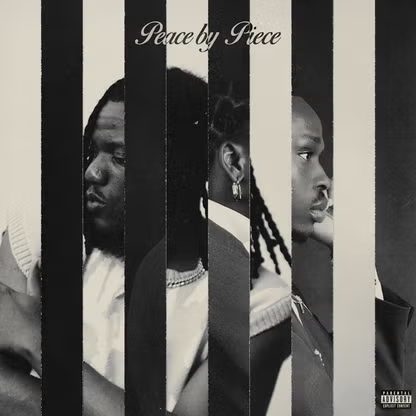Luo people of Kenya are rich in tradition and cultural practices, although some of their ways may have an observer raising an eyebrow.
There are a few unusual customs practiced by the Luo people, and some of them include how suicide victims are treated. Suicide is a worldwide phenomenon, although its rate has been changing over the years and varying from one country to another. Traditionally, the Luo people were a patriarchal society with a decentralized government system.
The family was headed by the father or the first wife mikayi or son in the father’s absence. Many families came together through a traced relations by blood to form a clan, anyuola, which mostly brought together the heads of different families together as people of the same descent, jokang’ato.
Many clans came together to form a village called gwengwhich was headed by a village elder titled dodo or jaduong’ gweng’ who ruled with the help of elders who were traditionally men of status gained through commerce, wealth, war, or eloquence. Traditionally, the names were given to children often reflected the conditions of the mother’s pregnancy or delivery (including, for example, the time or season).
Further, the Luos have traditionally practiced the removal of six lower teeth between the ages of twelve and sixteen. This practice has now fallen largely out of use. There is a “punishment” for those who commit suicide in Luoland. In certain places in Nyanza, the body of a man that hangs himself on a tree is thoroughly flogged before it is brought down from the noose.
They also bury the body outside the homestead in a place referred to as ‘Gunda’ set aside for such and other outcasts. The act of canning the corpse is to stop the victim’s ghost or evil spirits from roaming back to the home and pr
However, those individuals who have attempted suicide but were unsuccessful are taken to a court of law and charged with an offense of trying to kill themselves. In Kenya, the Penal Code states that any person who attempts to kill himself is guilty of a misdemeanor (The Penal Code, 1962). Although considered being less serious than say a felony, they may imprison the offender for a maximum of one year. In most cases, however, they are put on probation.




















![National Population Commission (NPC) Recruitment 2023 [Apply Now]](https://www1.illuminaija.com/wp-content/uploads/2023/03/Beware-of-Fake-Census-Ad-hoc-Recruitment-Link-350x250.jpeg)



